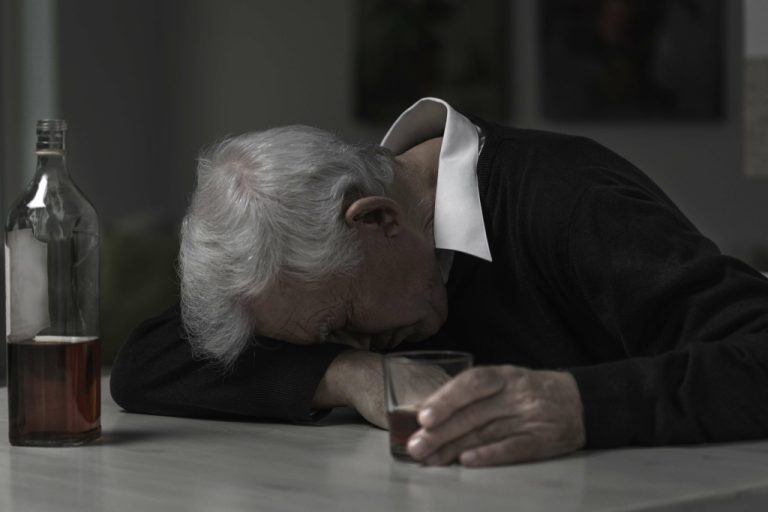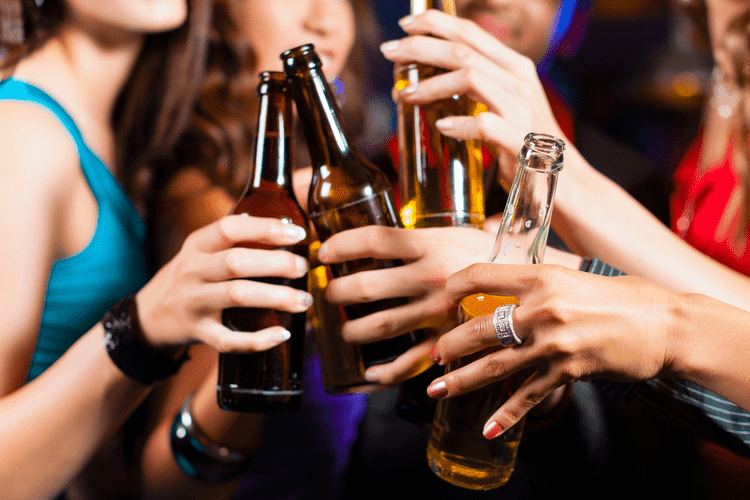Using a combination of medical, clinical, psychiatric, and holistic approaches, our highly skilled professionals will help you heal your mind, body, and spirit. In a traditional substance abuse treatment program, they may recommend sharing about your feelings in group meetings, to get things out in the open. Keeping secrets about thoughts and plans to get high again, as they say, will eventually lead http://ferma-tv.ru/warez/76773-fl-studio-producer-edition-v1158-alpha.html to relapse. Identifying a relapse trigger, and learning how to deal with it, is an important step in the relapse prevention process. It is still possible to prevent relapse and a return to addictive behavior after cravings have begun, but it is better to prevent the craving in the first place. There are many common addiction triggers that can lead to persistent thoughts and images of substance use.
How to avoid addiction relapse triggers after graduating from drug or alcohol addiction treatment center.
Sometimes it feels like you and your spouse are on opposite ends of a teeter-totter, never in sync with each other! We’ll describe how to prioritize the TEAM part of your marriage and lead with grace in how you interact with your spouse. During your stay http://blogrider.ru/blogs/214820/posts/id/9917199/best_diet_without_losing_your_beauty.php in rehab, they bring you to Alcoholics Anonymous meetings and Narcotics Anonymous meetings. There is an old joke that rehab costs $30,000 to learn that meetings are free. The clear answer to the question about deleting the dealer’s number is yes.
Internal Drug And Alcohol Relapse Triggers
- Beyond cravings, this can also lead to a longing for the environment or lifestyle that you left and does not provide the same recall for the reasons that you initially sought recovery.
- A therapist can help you identify and cope with your PTSD triggers in a safe and supportive setting.
- We publish material that is researched, cited, edited and reviewed by licensed medical professionals.
- Your goal should be to detach yourself from the trigger, recenter, and focus on your coping strategy.
To cope with internal triggers, developing a sober support system is extremely valuable. Being able to talk to someone who has experience dealing with triggers personally is one of the best resources to have. If you experienced trauma https://galga.ru/tests/harakteristiki-vidy-i-lechenie-kisty-pecheni-kista-v-pecheni-chto.html or live with anxiety or a substance use disorder, please don’t hesitate to reach out for support. A mental health professional can help you come up with a treatment plan to reduce your symptoms and improve your well-being.
- For instance, the death of a loved one can easily trigger a relapse in a recovering addict.
- Offering alcohol to a former addict may trigger feelings that urge the individual to use drugs.
- They are ashamed of the last time they relapsed and may have developed negative behaviors to cope with their thoughts.
- Facing triggers — which can be anything that brings up thoughts, memories, or feelings that remind you of past substance use — can be some of the toughest challenges for someone in recovery.
Stress Increases Vulnerability to Triggers and Relapse
- As part of relapse prevention it is critical to educate patients about the danger of unintentional overdose after a period of staying clean.
- Some people prefer one-on-one therapy to recovery groups or 12-step programs.
- Support the creation of new tools for the entire mental health community.
- We offer comprehensive, evidence-based treatment to support individuals in achieving and maintaining long-term sobriety.
- A healthy routine includes a strong support system, a sober living environment, and healthy activities.
Recovering individuals can carry out personal exercises where they make a list of the people, places and things that remind them of their substance-using life. Asking certain questions about external triggers can help prevent relapse. When people in recovery succumb to triggers, their brains create reasons to use substances despite knowing that they must remain abstinent.
Addiction Triggers: What Are Relapse Triggers And Warning Signs?

What is Relapse?

Are Trigger Warnings Helpful?











